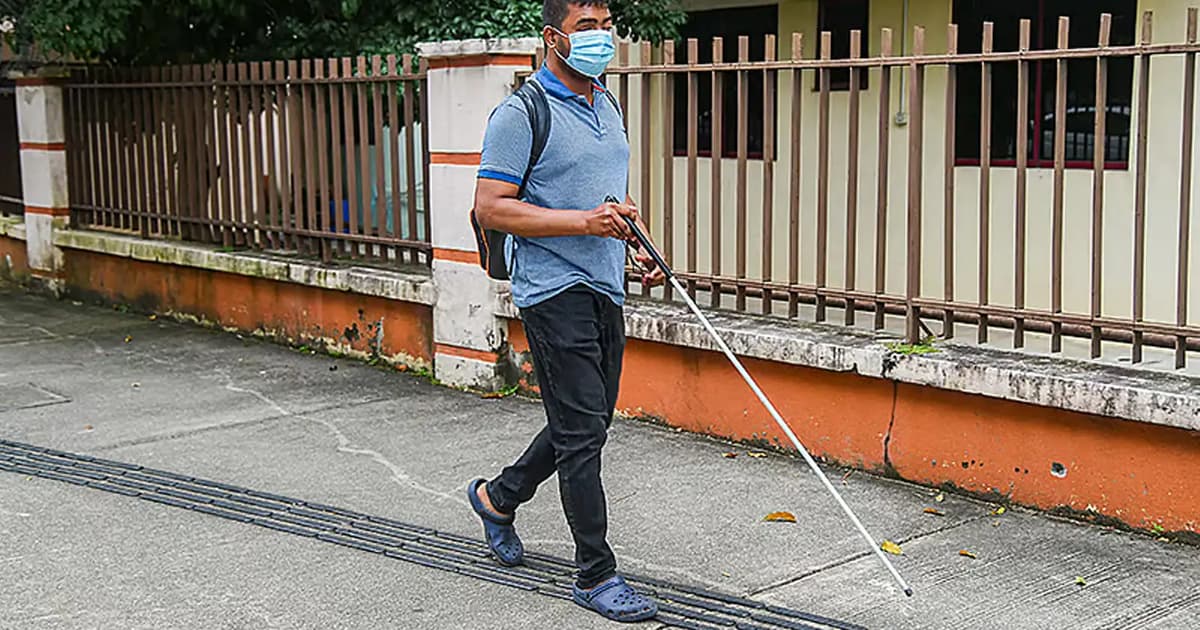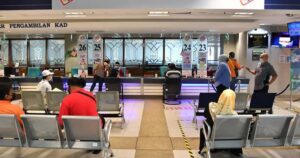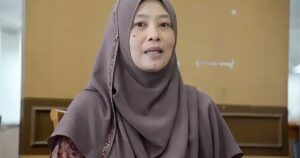
The nation’s foremost association representing Malaysians with visual disabilities has outlined its Budget 2026 wishlist for the advancement of the community’s rights and wellbeing, including social and financial protection.
The Society of The Blind in Malaysia (SBM) said despite the Persons with Disabilities Act 2008 and National Social Welfare Policy, many visually impaired people still faced major barriers in education, employment, healthcare, mobility and digital access.
Among others, it called for the budget to address the high cost of living for the blind, saying without sufficient support, many visually impaired persons lived below the poverty line.
“Equipment or a Braille computer can cost up to RM15,000, while paid screen-reader software is expensive.
“Monthly allowances, long-term insurance schemes and rehabilitation support through the Social Security Organisation can ease this burden.
“Stronger financial protection prevents social isolation and promotes equal opportunities. A robust social safety net also reduces long-term dependency on government aid,” it said in a statement today.
SBM also called for the budget to provide for and invest in inclusive employment of the blind through tax incentives, specialised job placements and technology support.
“Many employers assume that visually impaired workers are less productive, when evidence shows otherwise.
“Visually impaired workers in teaching, customer service and call centres can perform as well as or better than others when using adaptive software,” said the society.
SBM said the budget should also invest in healthcare access for the blind, adding that some hospitals and clinics are not designed to meet their needs.
It said subsidies for assistive devices and specialised rehabilitation centres in every state were urgently required, as the visually impaired often struggle to obtain mobility tools such as canes, Braille watches and magnifiers at affordable prices.
SBM also called for funding for public transport and infrastructure to address damaged tactile pathways, out-of-service elevators and unclear announcements, among others.
“Low-floor buses, clear audio-visual announcements and tactile pathways must be implemented nationwide.
“Mobility grants should also be expanded to cover rural areas. Reliable transport means access to jobs, healthcare and education,” it said.






